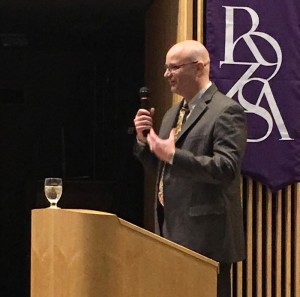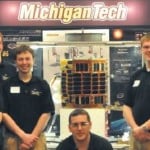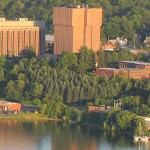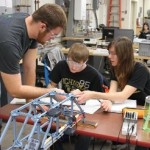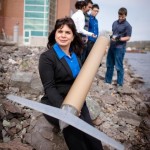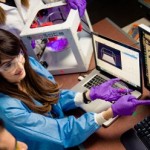Wayne Weaver (ECE) is the principal investigator on a project that has received a $119,997 research grant from the U.S. Department of Defense, Office of Naval Research. Rush Robinett (ME-EM) and Nina Mahmoudian (ME-EM) are Co-PI’s on the project entitled “Autonomous Microgrids: Theory, Control, Flexibility and Scalability.”
This is the first year of a potential four-year project that could total $869,980.
